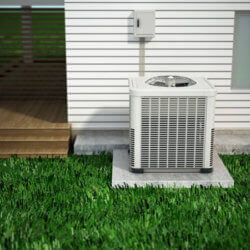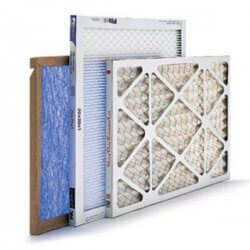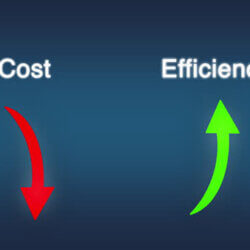Have you always looked at advertisements for HVAC services and wondered what does an HVAC contractor do? If yes, you are not alone.
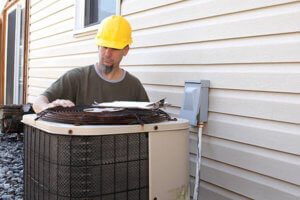
Many homeowners and building managers are not sure about the roles and responsibilities of HVAC contractors. Because of this lack of knowledge, they are not certain if they can contact an HVAC contractor for help when they require HVAC system maintenance or repairs.
At Galmiche & Sons, we are reputed HVAC contractors in St. Louis. We have been providing reliable heating & air conditioning services for home and business owners since 1950, answering many of our customers HVAC questions along the way. Here we answer your question, “what does an HVAC contractor do” and help you understand how we can help you.
Top Roles and Responsibilities of HVAC Contractors
Here are some of the key roles and responsibilities of HVAC contractors and how they can help you:
- Building HVAC Code Compliance Checking: Every building – whether commercial or residential – has to be developed according to the local municipality safety codes. All HVAC systems must therefore have been installed according to these regulations. HVAC professionals will visit your property, carefully examine all installations, and provide recommendations on what should be changed. If your building is being inspected by the authorities for safety adherence, then we can provide a detailed report of your HVAC safety compliance.
- Wiring & HVAC System Installation: Whether it is a new building or existing construction, HVAC contractors can install new air conditioners and heaters/furnaces on your property. The HVAC contractor will visit your property and note down your requirements. They will find the best way to install the wiring and HVAC system so that it is safe, effective, and comfortable for you.
- HVAC Routine Maintenance: If you have ever asked what does an HVAC contractor do all year round after installing a new system, the answer is – maintenance. HVAC systems can last as long as 10-15 years, depending on how well you take care of them. So, most buyers do not install new HVACs very quickly. A large part of the roles and responsibilities of HVAC contractors is routine HVAC maintenance. The contractor visits the property of the customer, checks how well each HVAC device is working, and fixes anything that is not working as it should. Typically, these are minor repairs such as wiping off dust, replacing filters, topping off the coolant, etc.
- HVAC Major Repairs: Sometimes the problem with the HVAC system will be more severe than usual. Your system may either stop working fully or be so inefficient that it is leading to very high electricity bills. In such instances, minor maintenance work is not sufficient. The HVAC system may need major servicing. HVAC contractors work very closely with parts suppliers, and they will be able to acquire the relevant components to fix the issues you are facing. They will also be able to replace the HVAC system when it is beyond salvaging.
- Home/Building HVAC Advisory: One of the core roles and responsibilities of HVAC contractors is advising building owners of the best ways to reduce HVAC bills and become eco-friendly. When you call them for a property visit, they will be able to examine your entire HVAC system. The team will also suggest changes that can help you improve comfort, reduce costs, and increase safety. If you have any questions or concerns, they will be able to provide an answer.
Contact Our HAVC Experts for Your Home or Commercial Requirements
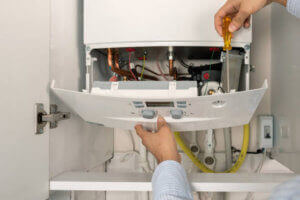
Galmiche & Sons is a reputed HVAC contractor in St. Louis. We have immense experience providing residential heating and cooling services and commercial HVAC services, and we look forward to serving you.
Now that you know the roles and responsibilities of HVAC contractors, feel free to reach out to us online or by phone at 314-993-1110 for all of your heating & air conditioning service needs.



